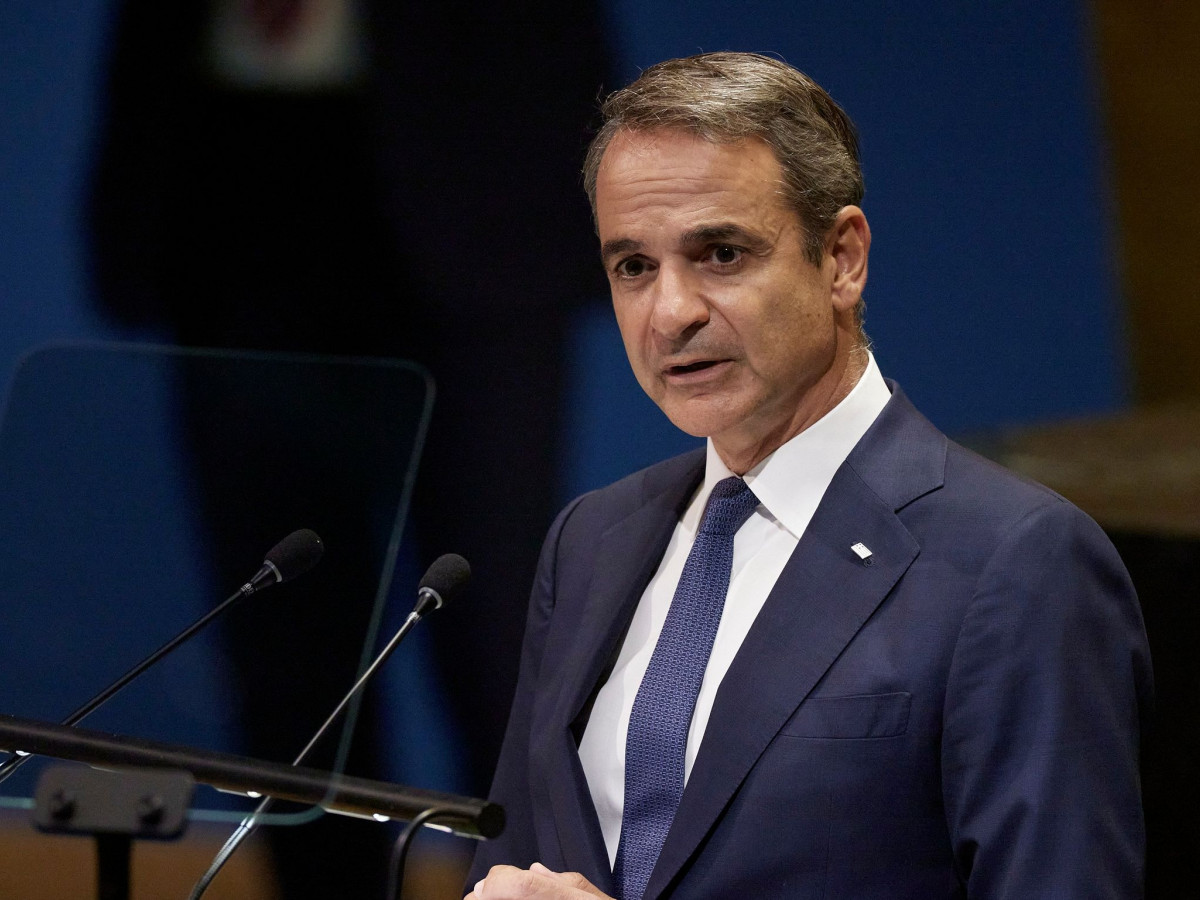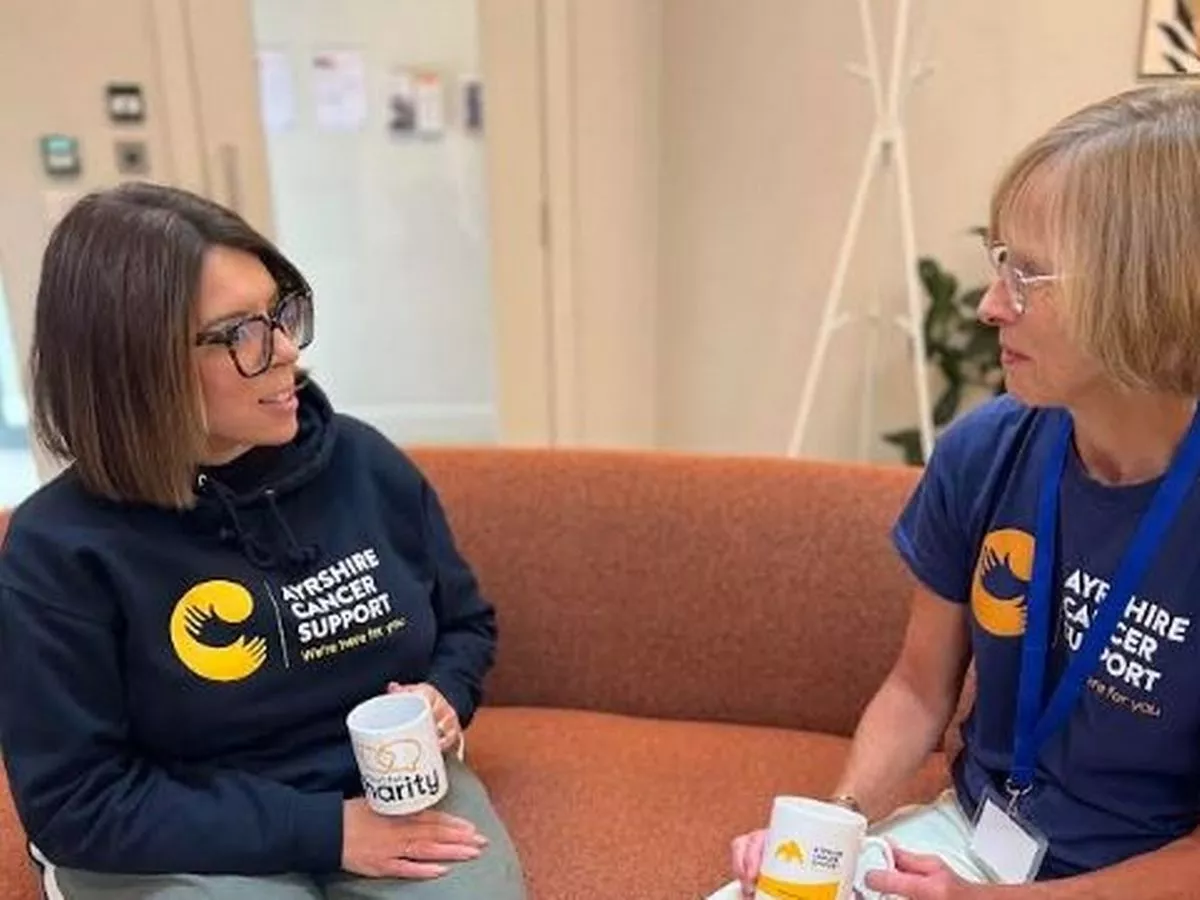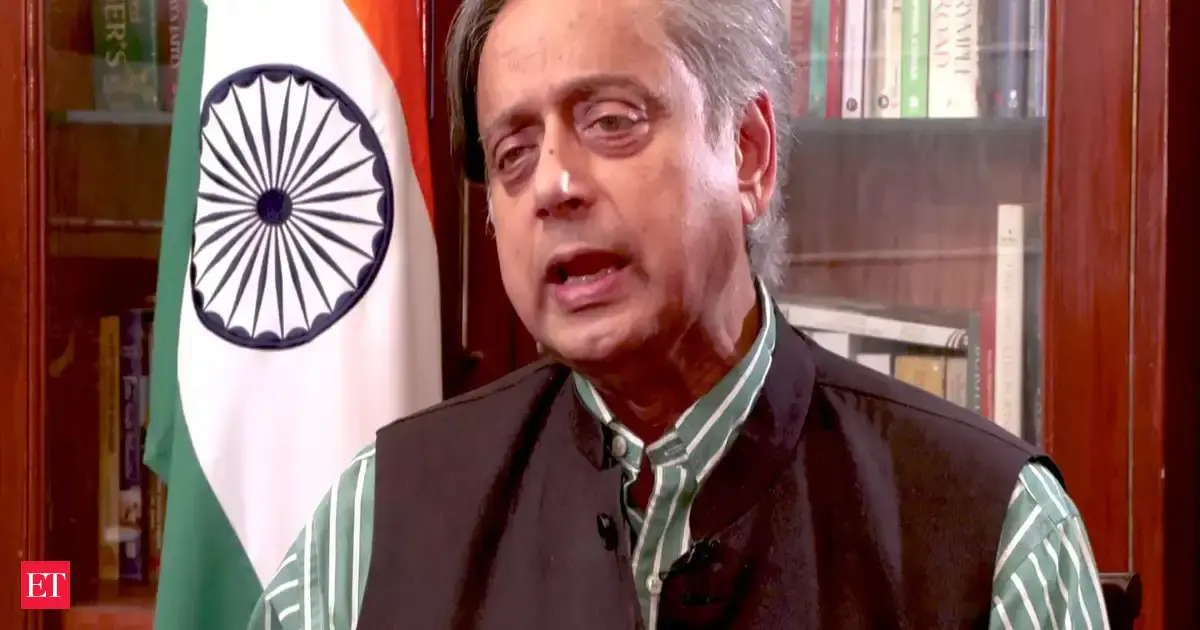By Newsroom
Copyright newsbomb

Prime Minister Kyriakos Mitsotakis, addressing the 80th UN General Assembly, called on Türkiye to withdraw its casus belli, stressing that the way forward is dialogue, not the language of arms.Referring to Gaza, he emphasised that there is no justification for continuing the war, adding that while Greece is a strategic partner of Israel, continued conflict could alienate its friends.On the war in Ukraine, the Greek Premier reiterated that Greece does not accept changing borders by force.He also addressed the use of social media, noting that Greece’s proposal for a pan-European minimum age access to social media is being examined by the European Commission.
Mitsotakis’ full speech is as follows:
Madame La Présidente,
Heads of Government and State,
Ladies and gentlemen,
It is an honour to address this Assembly for the seventh time as Prime Minister of Greece.
And as many of the speakers have pointed out, this year carries a special weight as we celebrate the 80th anniversary of this United Nations. Eighty years of hope, of struggle, and of progress.
This milestone coincides with a very important moment for Greece: our third tenure as a non-permanent member of the Security Council.
We accept this responsibility with honor and with a deep sense of duty, as a nation that stood at the birth of this Organization, like so many other nations, my country came here devastated by the horrors of World War II.
The Charter of the United Nations was not just a legal document. It was a commitment that never again should force prevail over the rule of law.
For eight decades, the UN has defended peace, has advanced human rights, has expanded access to health, education, and equality for all.
It has stood as the custodian of international law, safeguarding the rules and principles that make international cooperation possible.
The United Nations was at the epicenter of a historic turning point. It gave voice to the hopes of peoples long denied freedom.
Decolonization brought new nations into this Assembly. They brought with them their histories, their cultures, their aspirations. Their participation helped redress historical injustices and transformed the Organization into a true reflection of the world’s diversity.
These achievements are real progress. They have made our world safer, fairer, and more prosperous. But they should never be taken for granted. They were won through effort and sacrifice and they remain fragile.
Ladies and gentlemen,
A new global order is on the rise. Multilateralism is under strain and fundamental tenets of the post-1945 world are being questioned.
We witness attempts to revive the imperial ambitions of previous centuries. Revisionist narratives are resurging. Some leaders, unfortunately, remain trapped in the past, chasing illusions of a bygone glory.
“Might over right” risks once again becoming the norm in international relations – a norm the international community has sought to overcome for more than eighty years.
And this trend is strengthening at a time when global challenges continue to multiply: climate change, migration, the advent of artificial intelligence.
Our world is changing. We must meet this change with courage and responsibility, but never at the expense of the principles that form the very fabric of the international community, represented in this Assembly, most important of them being respect for territorial integrity and the peaceful resolution of disputes.
Being situated at the crossroads of three continents, Greece is a pillar of stability and a reliable partner in a turbulent region.
We uphold the principles of international law. We seek dialogue and peaceful coexistence with our neighbors.
Some claim that these principles are irrelevant in today’s world. We believe the opposite: they are the source of strength, the only path to lasting peace.
We are certainly not naive. We remain fully aware of the threats and the risks of instability in our wider neighborhood.
This is why we are strengthening our economy, enhancing our deterrence capabilities, and deepening our alliances, so that we stand ready to defend and uphold our values.
For us this is not just words: Greece is already allocating over 3% of its GDP to defence and we are ready to do more. Security is the very foundation of prosperity. After all, our paramount obligation as leaders is to keep our people safe.
And we do this not in isolation. We are firmly anchored in the European Union, the most successful multilateral project of our age. Born from the ashes of the Second World War, the European Union has secured peace and prosperity in Europe for generations.
But today, we must go further. And in the European Union we are determined to take on a stronger role in our own defence. With war returning to our continent, I’m afraid there is simply no other option.
Greece has long and consistently advocated for strengthening the EU’s strategic autonomy. We firmly believe that the time has come for joint European borrowing to finance critical European defense projects, such as missile and drone defence.
Beyond that, it is imperative that we make Article 42.7, which enshrines into European law the mutual assistance clause, truly operational.
One of the founders of the European Union, Jean Monnet, famously once said that Europe was forged in crisis and will be the sum of the solutions adopted for those crises. He was right. What started as a project of economic cooperation needs to evolve into a union that safeguards our citizens security and safety.
Ladies and gentlemen,
Today we are witnessing the highest number of armed conflicts since the end of the Second World War. Conflicts that claim tens of thousands of lives each year. Conflicts that leave behind mass destruction, shattered societies, and that have displaced millions. And the prospects, if we fail to act, are even grimmer: a future of escalating violence and deepening instability.
Nowhere is this urgency more evident than in Gaza. Greece has from the very first day, after the heinous attacks of October 7th 2023, advocated for Israel’s right to defend itself against a terrorist organisation that rejects Israel’s right to exist.
We have called for the immediate release of all hostages and a comprehensive cease fire. But we have, at the same time, made it very clear that no military targets, no matter how valuable they are, can justify the death of thousands of children, the forced displacement of over a million Palestinians within the Gaza strip and the humanitarian suffering of the Palestinian people.
Greece maintains a strategic partnership with Israel. But this does not prevent us from speaking openly and frankly.
The continuation of this course of action will ultimately harm Israel’s own interests, leading to an erosion of international support.
And I tell my Israeli friends, that they risk alienating all the remaining allies, if they persist on a path that is shattering the potential of a two-state solution.
Greece will continue to advocate for a two-state solution, which envisions the creation of a sovereign, democratic and viable state of Palestine, building its future in peace and security alongside the state of Israel. But we should be lucid about the road map towards achieving this elusive goal.
Israel’s action in the West Bank risks creating irreversible situations on the ground. At present the most necessary is to stop the unnecessary killing and ensure a large scale and sustainable delivery of humanitarian aid to Gaza. Greece remains committed to working with all our partners towards a road map that will achieve that goal, that will revive the peace process, that will offer hope to a region which has suffered so much.
Ladies and gentlemen,
The war in Ukraine is already in its fourth year. Ukraine’s courageous resistance to Russia’s aggression stands as a testimony of unparalleled bravery and remarkable resilience.
The war in Ukraine is not just another regional European conflict. It is a fight for freedom, for democracy, and for dignity itself. It is, above all, a defense of the rules-based global international order.
Greece stands firmly and unconditionally with Ukraine in this struggle. And we will continue our unwavering support to the Ukrainian people who have the right to live in peace, in security, and freely determine their own future.
We appreciate President Trump’s efforts to reach peace and we reiterate that a genuine peace process cannot begin without an immediate ceasefire.
And let us be even clearer: there can be no peace formula without Ukraine at the table and there can be no acceptance, under any circumstances, of borders redrawn by force.
Gaza and Ukraine have monopolised the interest of this Assembly, but another humanitarian catastrophe is unfolding and, unfortunately, it does not receive the attention it deserves. And I’m referring to Sudan.
Two and half years into a devastating war, civilians are paying the highest price. Millions are left without safety, dignity, or protection.
The figures are horrifying: Almost 12 million people have been forced from their homes, creating the world’s largest displacement crisis. More than 30 million could require humanitarian aid. Famine is spreading.
Civilians must be protected. Humanitarian aid must flow freely and without obstruction. And those responsible for atrocities and war crimes must be held into account.
There is only one path forward: silence the guns, and renew a coordinated political process. The world must not forget the people of Sudan. We owe them nothing less than peace and the chance of a future built on hope, not despair.
As Europeans it is also in our interest to take an active role in resolving the Sudan crisis. Otherwise, we risk facing a migration crisis of unimaginable proportions.
Ladies and gentlemen,
The Eastern Mediterranean is an area of strategic importance, it’s Europe’s southeastern frontier, a vital crossroads of trade and energy routes.
Greece, at the heart of this region, holds a key geostrategic position. We aspire to become an energy security provider, linking Europe with North Africa and the Middle East.
By exercising our sovereign rights, always in full respect of International Law, we are strengthening our footprint and shaping developments in the area.
Connectivity projects, such as the Great Sea Interconnector and the GREGY project that links Greece to Egypt are projects of mutual benefit, advancing stability and ensuring that our electricity grids are better connected.
They will diversify Europe’s energy supply, accelerate the green transition, and, above all, bring our region closer.
Renewables are the future, and in Greece we have already made significant strides in this field. But we also remain pragmatic: fossil fuels will continue to play a role in our energy mix, with natural gas serving as the bridge in this transition.
That is why we are investing in infrastructure that will make Greece an LNG hub. And at the same time, together with our American partners, we are advancing the exploration and potential exploitation of our offshore gas reserves, a resource of strategic value not just for Greece but also for Europe.
Yet the Eastern Mediterranean also faces profound challenges: climate change, migration, persistent conflict. The only way to meet them is through cooperation, built on leadership, political will, but also a shared sense of responsibility.
In all our relations with our neighbors, Greece is guided by a single, unwavering compass: respect for international law. This is the cornerstone of our foreign policy, and the basis upon which we seek dialogue and genuine cooperation.
Let me begin with our relations with Türkiye. Greece seeks peaceful coexistence with our neighbor. In recent years, yes, we have succeeded in maintaining low tensions and this is a positive development that we should not underestimate.
However, the ‘calm seas’ we have witnessed over the past two years must not be fleeting. They must allow us to build trust, find common ground, and pursue solutions in the interest of both our people.
The way forward lies in dialogue, in respect for international law, and in the vision of a region defined not by rivalry, but by shared prosperity.
As I have repeatedly stressed from this podium, we are ready to work toward settling the only major outstanding issue between us: the delimitation of the continental shelf and the Exclusive Economic Zone in the Aegean and the Eastern Mediterranean.
Türkiye must remove the threat of war against Greece that still hangs as a dark cloud over our relations. After thirty years, this ‘casus belli’ has to be revoked, it has no place in relations between friendly neighbors. Our path forward must be one of diplomacy, not the language of weapons.
Let me say a few words about the Cyprus problem. For 51 years, Cyprus has endured the consequences of Türkiye’s illegal invasion and continued military occupation. Ιt’s a blatant violation of international law and a constant strain to regional peace and security.
Our commitment to Cyprus’ sovereignty, territorial integrity and the solution of one state based on a bi-zonal, bi-communal federation is steadfast. It is a matter of credibility and determination to defend the core values and principles upon which the United Nations are based and fully-aligned with all the decisions taken by the UN Security Council.
Greece fully supports the efforts of the Secretary-General and his Personal Envoy to give a new impetus to the resumption of negotiations.
A just and viable settlement will serve the interests of the Cypriot people and contribute decisively to the stability of the wider region.
Turning to Libya, our two countries share maritime borders. We are neighbors. It is therefore in our common interest to reach a fair and lawful delimitation agreement, in line with the provisions of the United Nations Convention on the Law of the Sea.
Yet true stability in our neighborhood also depends on Libya itself being united and sovereign. The Libyan people must be free to determine their future without foreign interference, and Greece stands ready to assist constructively in UN-led efforts to achieve a political solution and reunite the country.
When it comes to Syria, after fourteen years of bloodshed, last December brought a moment of change and a new hope for the Syrian people.
The future of the country must be built on tolerance, dialogue, and full political representation for all religious and ethnic communities. Only then can Syria’s diverse society find peace and prosperity, free from sectarian violence and external interference.
I made it clear to the Syrian President that our support regarding Syria’s rapprochement with Europe is conditional upon the protection of religious and ethnic communities, in particular the Christian Orthodox minority which has been repeatedly targeted by muslim extremists.
At the same time, we expect Syria and its authorities to act in full accordance with international law, including the United Nations Convention on the Law of the Sea.
Finally, let me turn to the Western Balkans, our immediate neighbors, our strategic partners of the European Union, and candidate members of our common family.
The region has made remarkable progress over the past decades. Yet the balance remains delicate with the risk of backsliding always present.
The future of the Western Balkans lies within the European Union. Greece has been a pioneer in this endeavor, through the ‘Thessaloniki Agenda’, which set the path for the region’s European perspective.
This path must be grounded in full respect for international law, existing international agreements, the rule of law, human rights, but also minority rights. Most of all, it requires rejecting revisionist agendas and building trust among neighbors.
The ghosts of Balkan nationalism have haunted this region for centuries. They must not be allowed to re-emerge.
It is up to the leadership of the Western Balkans to assume their responsibilities and secure a future of peace and prosperity for all their people.
Ladies and Gentlemen,
Let me conclude by returning to a topic I also addressed in my speech at the General Assembly last year. Technology is both our greatest shared opportunity and one of the defining challenges of future prosperity.
Last year, I spoke about Artificial Intelligence and its extraordinary transformatory promise, but I also warned of the danger it breeds.
Today, Greece is pursuing a visionary yet practical AI strategy, through pilot programs in areas such as education, healthcare and natural disaster prevention.
Teachers and students will soon engage with custom-designed AI teaching assistants. Digital screenings, telemedicine, predictive diagnostics are already making care not just more personalized, but also more accessible. At the same time AI is helping us detect and contain wildfires at their earliest stages.
And the promise of AI making governments more efficient in serving their citizens is materialising at break-neck speed.
However, AI in the wrong hands and without safeguards, can become extremely dangerous. It can severely impact our children’s mental health, flood our public square with disinformation, cause massive displacements in the job market and concentrate immense power in the hands of a few multinational corporations.
That is why I welcome the United Nations’s establishment of the Independent International Scientific Panel on AI and the Global Dialogue on AI Governance. These institutions lay the foundations of a global architecture where AI can be steered by science and guided by cooperation.
The most urgent task is to protect the mental health of our children. The scientific evidence is damning. We are running a massive unsupervised experiment with the brains of our children and teenagers.
What was envisioned as a space of connection and creativity, has too often become a landscape of manipulation, where harmful content reaches even the youngest users. Addictive scrolling is addictive by design, not by accident.
And every time I talk to parents, I hear the same story. “We are scared about online bullying, adult content, unrealistic standards of beauty, the promotion of self-harm. We feel powerless and helpless. We don’t want our kids to share their intimate thoughts and feelings with an AI chatbot”.
Greece has decided to do something. We have banned our phones in schools, but we have also launched a ‘KidsWallet’, the first government-backed application giving parents simple, effective controls over their kids’ smartphones, while enabling platforms to verify the age of their users.
Our proposal for a pan-European Digital Age of Majority to access digital platforms has already won the support of 13 EU Member States, and is examined by the European Commission.
But this is not a debate for governments and parents alone. Just as society once set firm rules for smoking, drinking and wearing a seatbelt, we must now confront today’s challenge with equal clarity: big platforms can no longer profit at the expense of our children’s mental health. A business model built on capturing our kids’ attention through addictive algorithms that feed them what can justifiably be labelled as ‘digital junk’, is simply not acceptable.
And let me repeat what I said last year: digital technology is no different than any other industry that needs to operate under health and safety regulations. And the overarching principle, the golden standard is one and the same: Do no harm.
Ladies and gentlemen,
Looking back at the foundation of the UN, means to recall, and acknowledge, that the need for effective multilateralism is as necessary in 2025, as it was in 1945.
There is no doubt that multilateralism must be reinvigorated. We must make it fit for the challenges of the third decade of the 21st century. But we must do it without disrupting its core, the rules-based order.
These rules were agreed for a reason: to save humanity, to ensure progress and prosperity for all. Humanity has paid a very heavy toll, through blood, destruction, and suffering, to learn this lesson.
We must assume our responsibilities to future generations. Let us not be remembered as those who once again led the world to the brink. Let us not be the ‘sleepwalkers’ of our time. This time there may be no way back.
Instead, let us prove that we have the vision, courage, and resolve to build a world of peace, security, of shared prosperity, worthy of the generations to come.
Thank you very much for your attention.



